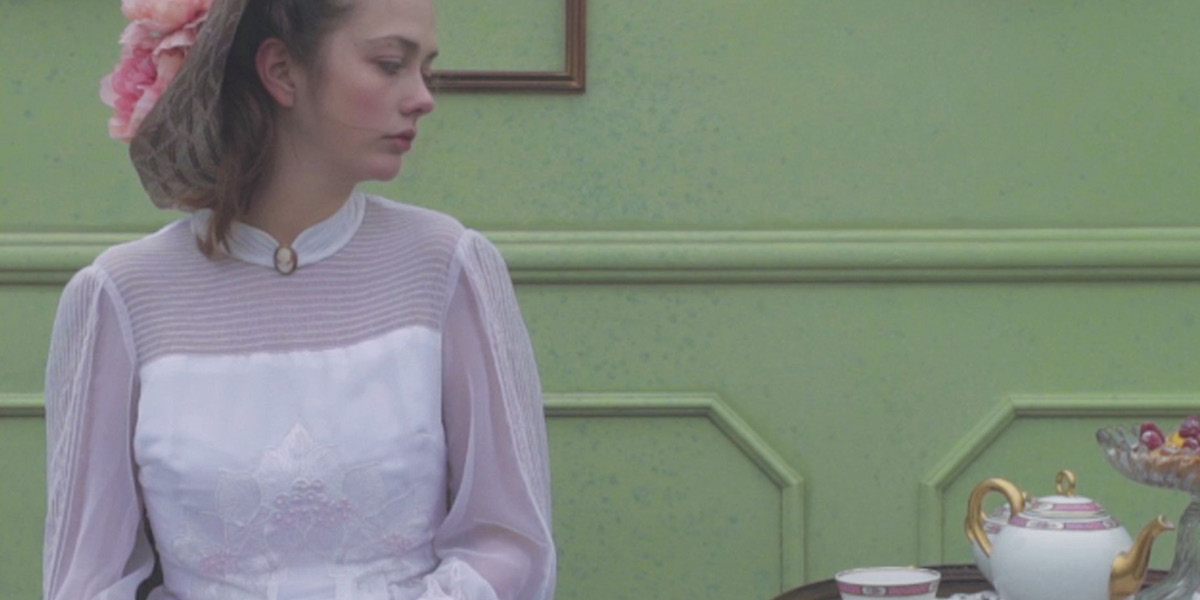-
How to become a
Costume Designer

Who is a Costume Designer?
Creative designers of costumes for drama, opera, events, performances, advertising, television and film.
What does a Costume Designer do?
Costume designers participate in creative meetings with directors or clients or art directors, and are in charge of finding an idea for the characters' costumes and communicating it through mood-boards, technical drawings and sketches.
They must be able to master both traditional tools (hand drawing, painting techniques, fabric treatment) and the more innovative ones (use of digital design software). Following a purely creative phase, set designers are in charge of the costume project’s feasibility, and of supervising all the dress-making phases and fittings with the actors or singers, so that all the costumes designed are consistent with the project presented to the director or client.
What skills should a Costume Designer have?
- Creativity and imagination
- Awareness of body proportions
- Curiosity towards all artistic and cultural areas
- Expressing a character and its history through a costume
- Knowledge of costume history
- Co-ordinating and working in a team
How to become a Costume Designer?
Cultivating a passion for reading, drawing, theatre, visual arts, film and music. Start by studying set design in a Fine Arts Academy, then find an internship (even in theatrical or performing arts dress-making workshops) or work as an assistant to a professional costume designer in order to take your first professional steps.
